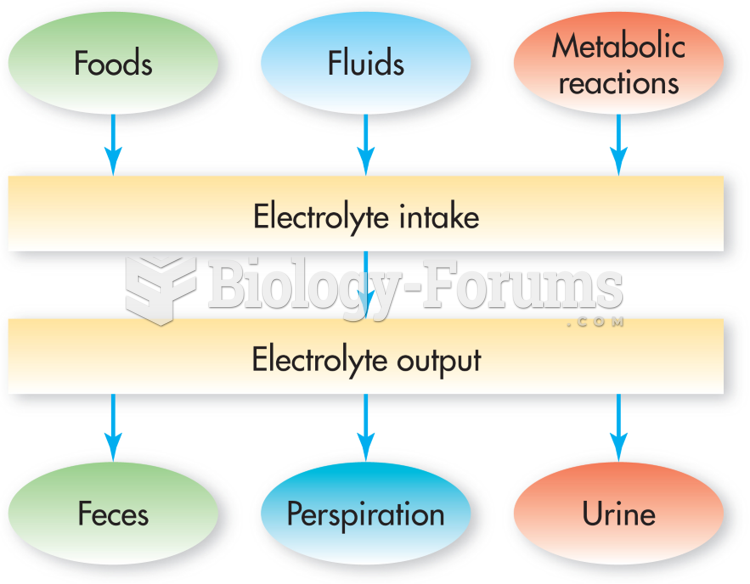Answer to Question 1
Ideal Answer: The ideal answer should include:
1. Provide a satisfactory explanation of how balance of power is crucial to international relations, employing the key terms military capabilities and dominance.
2. Explain how the complexities created by globalization and modern warfare impact the significance of balance of power, noting the fluidity of alliances and policies necessary when one's opponents may not be attached to any particular state, as well as the increasing emphasis on economic power over military power.
3. Describe the redefinition that such an evolving and evolved role of balance of power appears to demand, taking into account the details already touched upon, and perhaps those elements of future international relations that might require this redefinition.
4. If the concept of balance of power does not appear to require definition, a vigorous analysis of why not will be necessary.
5. Provide a concise and effective conclusion.
Answer to Question 2
Ideal Answer: The ideal answer should include:
1. Describe the nations who might be most likely to engage in chicken, and why. Such states might include, most prominently, North Korea, Iran, Cuba, and perhaps Russia or China, etc.
2. Explain that China and Russia might be most likely to engage in chicken because they have significant power and yet not entirely stable nations, and North Korea, Iran, and perhaps Cuba might be most likely to engage in chicken because they have a relatively limited amount of power and international support, contributing to their relatively unstable regimes.
3. Describe a specific modern instance of chicken. The Cuban Missile Crisis, or Iraq's invasion and occupation of Kuwait would serve well.
4. Assesses the risks and rewards for both sides, citing, in the case of the Cuban Missile Crisis, the risk to both sides of nuclear war and the appearance of weakness in the face of backing down, while peace and the projection of power were the potential rewards for both sides, not to mention the rewards of continued containment of Cuba and Soviet influence in the Caribbean for the U.S., on the one hand, and expanded Soviet influence in the Caribbean, on the other.
5. Offer a concise summary and effective conclusion.







